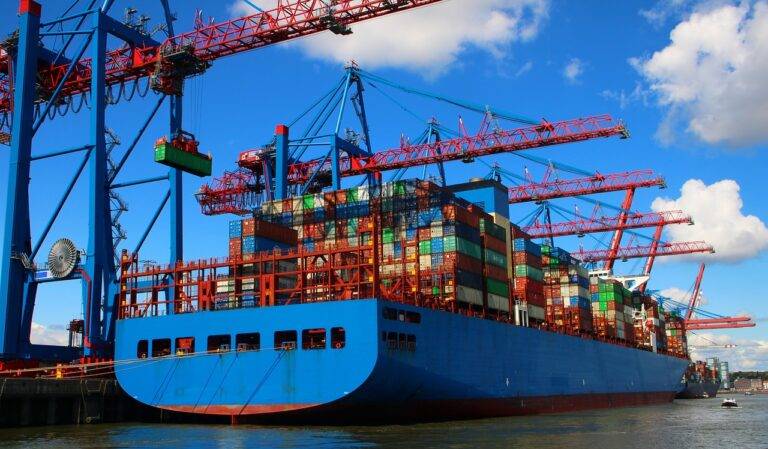The Future of Electric Aviation: Sustainable Air Travel
With the ongoing environmental concerns surrounding the aviation industry, one of the major challenges is the need to reduce carbon emissions. Airlines are under pressure to adopt more sustainable practices to lessen their impact on the environment and comply with stricter regulations. However, transitioning to cleaner technologies and fuels comes with high costs and logistical complexities that many airlines struggle to navigate.
Another prominent challenge in the aviation industry is the issue of air traffic congestion. As global air travel continues to increase, airports and airspace are becoming increasingly congested, leading to delays and inefficiencies. Finding solutions to streamline air traffic management and improve overall operational efficiency is crucial to ensure a smooth and sustainable future for the aviation industry.
Benefits of Electric Aviation
Electric aviation offers a promising path towards reducing the carbon footprint of the aviation industry. By replacing traditional fossil fuel-powered aircraft with electric ones, emissions can be significantly decreased, contributing to a cleaner and more sustainable environment. This shift towards electric aviation aligns with global efforts to combat climate change and promote eco-friendly practices.
Moreover, electric aircraft have the potential to lower operating costs for airlines in the long run. With fewer moving parts and reliance on cheaper electricity instead of costly aviation fuel, maintenance and fuel expenses could be substantially reduced. This cost-efficiency aspect of electric aviation could make air travel more affordable for passengers while also benefiting airlines financially.







